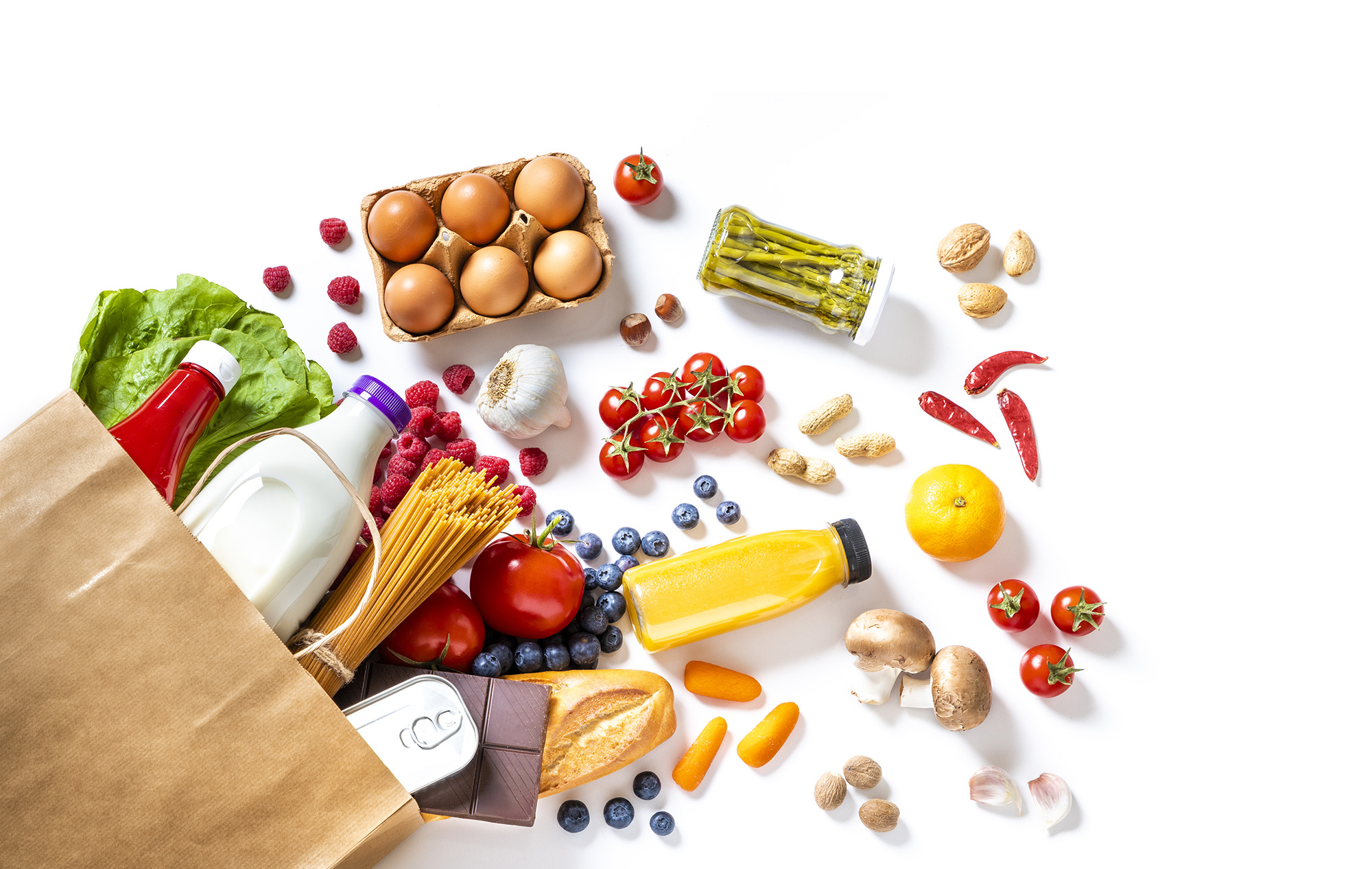Contrary to what Martin Rufer, Director of the Swiss Farmers’ Union (SBC), wrote in his guest commentary for the NZZ on 4th September 2023, farmers and their families are not victims of a misguided fiscal policy. They are victims of Switzerland’s failed agricultural policy, that has been significantly shaped by the SBC in the last decades.
Using farmers and their families
What is at stake exactly? Rufer criticizes the federal government for saving in the wrong place, at the expense of farmers and their families. However, they are not at the center of the Federal Council’s cost-cutting measures, and Jeremias Gotthelf’s (a Swiss writer from the 19th century) depiction of a farm does not correspond to reality. The agricultural lobby is using these families in the political process to secure more subsidies for the entire industry. An industry that is by no means as small-scale as the advertising of the major distributors suggests.
A high proportion of agricultural production comes from highly industrialized farms in the Swiss Midlands. They are well embedded in a system of suppliers, processing companies, retailers and various agricultural associations. Every year, CHF 3.7 billion in federal subsidies is sent to this agricultural sector – together with cantonal support, the total is more than CHF 4.2 billion. Some of it passes through the SBC’s traditional farmers, and some of it goes directly into the pockets of companies and agricultural organizations. In the process, structures are preserved, and innovative farmers are being slowed down. Today, most crops are sown and produced depending on what will allow subsidies, and not depending on what tomorrow’s market demands.
The idyllic small-scale agricultural landscape belongs to the past: cows being milked.(Adobe Stock)
The SBC’s focus on farmers and their families also distracts from the fact that consumer families have been suffering for decades from the high and currently rising costs of food. This is where the problem could be solved quickly and easily: by lifting the prohibitively high tariffs on food imports. They largely prevent domestic agricultural products from competing with lower-priced imports. As a result, domestic food prices remain high, benefiting the entire agricultural sector at the expense of consumer families. The latter switch to foreign countries in neighboring countries; just count the Swiss license plates on weekends in Constance.
Increasing industrialization of agriculture
What the SBC does not mention is the 18 percent decline in the number of farms since 2010 to just over 48,000, a fact that is often considered, on other occasions, as the “end of the farming”. The industrialization of agriculture has thus further increased. As a result, the number of employees has dropped by 11 percent, with 150,000 people now working in this sector. Today, each employee in agriculture receives CHF 28,205 in subsidies per year, which corresponds to an increase of 15 percent since 2010 – per farm it equals to CHF 87,267, an increase of a whopping 25 percent. For years, Switzerland has been one of the top three countries that support their agricultural sector the most.
Today, almost 50 percent of the agricultural industry’s income comes from subsidies. Politics dig into the population’s pockets: Taxpayers contribute to subsidies, while consumers contribute to the profits of the agricultural sector through higher food prices. Hence, the same cow is being milked twice. In the long run, this cannot continue.
“Avenir Suisse is an independent think tank that works for the future of Switzerland by developing evidence-based, liberal, free-market ideas.”
Please visit the firm link to site





